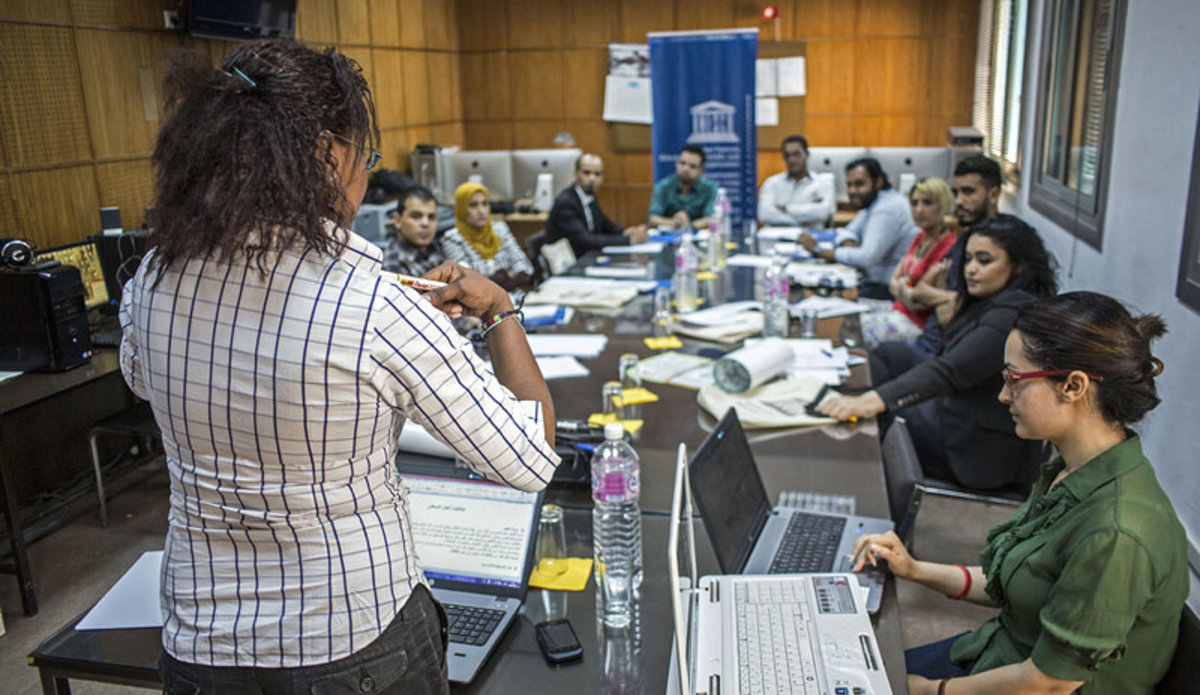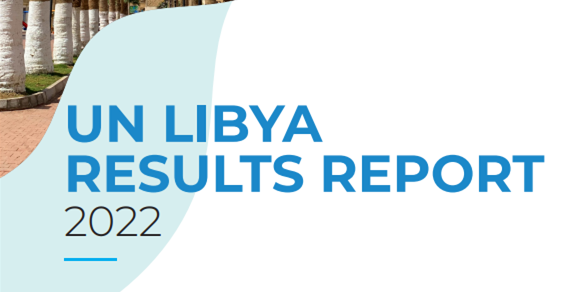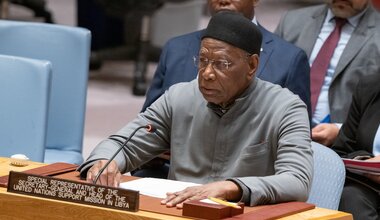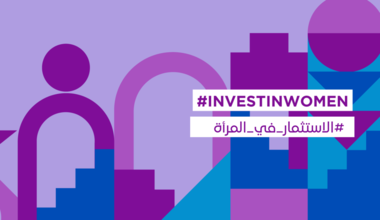UNESCO: Training on Basic Standards of Reporting for Libyan Journalists
Tunis, Tunisia – 25 May 2015 – As part of UNESCO’s regional projects that promote and support freedom of expression, a three-day practical training on basic standards of reporting was organized for eighteen (18) Libyan journalists from different media backgrounds. The training took place at the Centre d’Apprentissage et de Perfectionnement des Journalistes et Communicateurs (CAPJC) in Tunis from 20-22 May 2015.
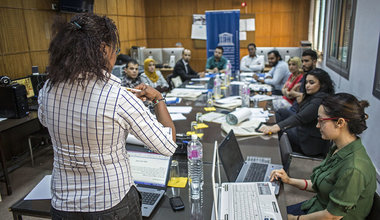
The participants expressed their enthusiasm during the practical training conducted by UNESCO’s resident Media Development Expert, in which participants worked together to produce a thirty minutes “talk show” designed to expose issues of hate speech in programming.
The journalists agreed on the importance of such training, particularly in the current context. Khadija Alamami, a Libyan journalist, stated: “Practical training like this can really make a significant change for Libyan journalists, especially with the focus on the importance of establishing ethical principles in the practice of the profession, showing clearly what hate speech is, and what needs to be avoided”.
Ali Bilal, another Libyan journalist, stated that this was the first time he participated in a training of reform and development of the media. He added that the talk show production experience during training was an enriching experience for all and one that will help prevent the repetition of wrong practice.
“This workshop has really been about helping the Libyan colleagues visualize ethics in practice”, emphasized Michael Croft, UNESCO’s Representative to Libya. “UNESCO wanted to give the opportunity to a diverse group of Libyan media professionals to see how ethical issues play out in television, print, radio and online journalism and provide them with a framework based on international norms and standards so they can better navigate difficult situations and subjects. The idea is to foster a cadre of journalists who, by their actions, can set a positive example for their peers by incorporating basic professional standards in their daily work.”
This activity is implemented by the UNESCO Tripoli Project Office in partnership with the Media Development Center in Tunis, and made possible through the generous support of the Government of Sweden. It is part of the Organization’s efforts to reinforce the capacity of Libyan media to make a positive contribution to reconciliation and to promote conflict-sensitive reporting. As the agency within the United Nations system with the lead mandate to promote freedom of expression and freedom of the press, UNESCO works in cooperation with Libyan stakeholders and actors across the various UN agencies, and leading global and regional NGOs promoting press freedom and freedom of expression.
For more information please contact:
Raja’a El Abasi, Program Officer, UNESCO
r.el-abasi@unesco.org
+216 71 655 000
 United Nations Peacekeeping
United Nations Peacekeeping UN
UN
